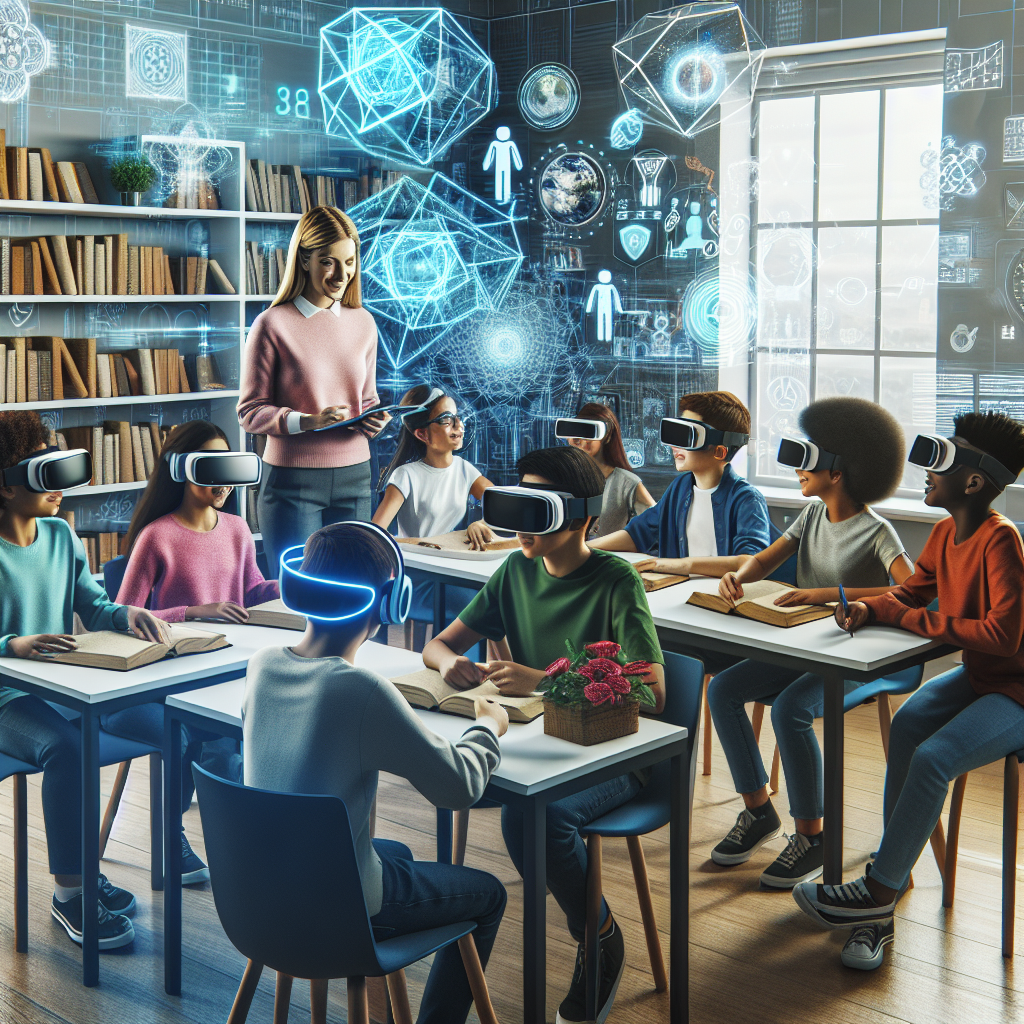Artificial Intelligence (AI) has become a pervasive and transformative force in our society, impacting nearly every sector of the economy. One of the areas where AI is making a significant impact is in education and learning. The democratization of AI, or the widespread access and use of AI technologies by individuals and organizations, has the potential to revolutionize the way we teach and learn.
AI democratization in education is allowing for personalized learning experiences, improved student outcomes, and increased access to education for all. In this article, we will explore the impact of AI democratization on education and learning, as well as the potential benefits and challenges that come with it.
Personalized Learning Experiences
One of the key benefits of AI democratization in education is the ability to provide personalized learning experiences for students. AI algorithms can analyze vast amounts of data on student performance, preferences, and learning styles to tailor educational content and activities to meet the specific needs of each individual student.
For example, AI-powered adaptive learning platforms can adjust the difficulty level of questions and activities based on a student’s performance, providing targeted support and challenges to help them reach their full potential. This personalized approach to learning can help students stay engaged and motivated, leading to improved learning outcomes.
Improved Student Outcomes
AI democratization in education is also leading to improved student outcomes across the board. By harnessing the power of AI to analyze student data, educators can gain valuable insights into student progress, identify areas for improvement, and provide targeted interventions to support struggling students.
For example, AI-powered predictive analytics can identify students who are at risk of falling behind or dropping out of school, allowing educators to intervene early and provide the necessary support to help these students succeed. Additionally, AI can help teachers identify patterns in student performance and adjust their teaching strategies to better meet the needs of their students.
Increased Access to Education
Another important impact of AI democratization in education is the increased access to education for all. AI technologies are breaking down barriers to education by providing new opportunities for remote and online learning, as well as personalized support for students with diverse learning needs.
For example, AI-powered language translation tools can help students who speak different languages access educational content in their native language, while AI-powered tutoring systems can provide personalized support to students with learning disabilities or other special needs. These advancements in AI technology are making education more inclusive and accessible to a wider range of students.
Benefits of AI Democratization in Education:
1. Personalized learning experiences tailored to individual student needs
2. Improved student outcomes through targeted interventions and support
3. Increased access to education for students with diverse learning needs
4. Enhanced teacher efficiency and effectiveness through AI-powered analytics and tools
Challenges of AI Democratization in Education:
1. Privacy concerns related to the collection and use of student data
2. Potential bias in AI algorithms that could impact student outcomes
3. The need for training and professional development for educators to effectively use AI technologies
4. The digital divide, which could widen disparities in access to education for students without reliable internet access or technology
FAQs:
Q: How is AI being used in education today?
A: AI is being used in education to provide personalized learning experiences, improve student outcomes, and increase access to education for all. AI technologies are being used in adaptive learning platforms, predictive analytics, language translation tools, and tutoring systems to support students and educators.
Q: What are the potential benefits of AI democratization in education?
A: The potential benefits of AI democratization in education include personalized learning experiences, improved student outcomes, increased access to education, and enhanced teacher efficiency and effectiveness.
Q: What are some of the challenges of AI democratization in education?
A: Some of the challenges of AI democratization in education include privacy concerns related to student data, potential bias in AI algorithms, the need for training and professional development for educators, and the digital divide.
In conclusion, AI democratization is revolutionizing education and learning by providing personalized experiences, improving student outcomes, and increasing access to education for all. While there are challenges to overcome, the potential benefits of AI in education are immense, and the impact of AI democratization on education will continue to grow in the coming years.

